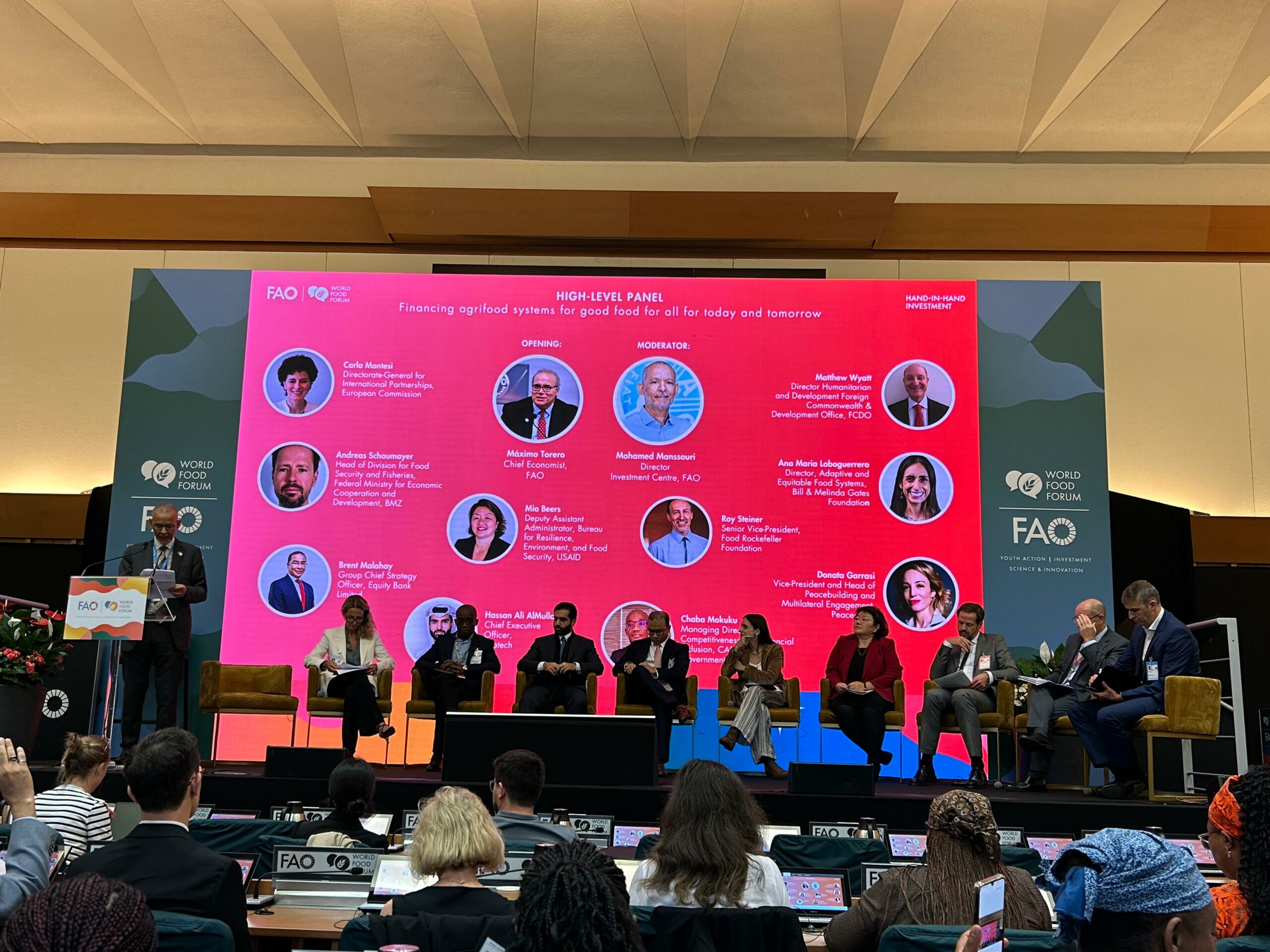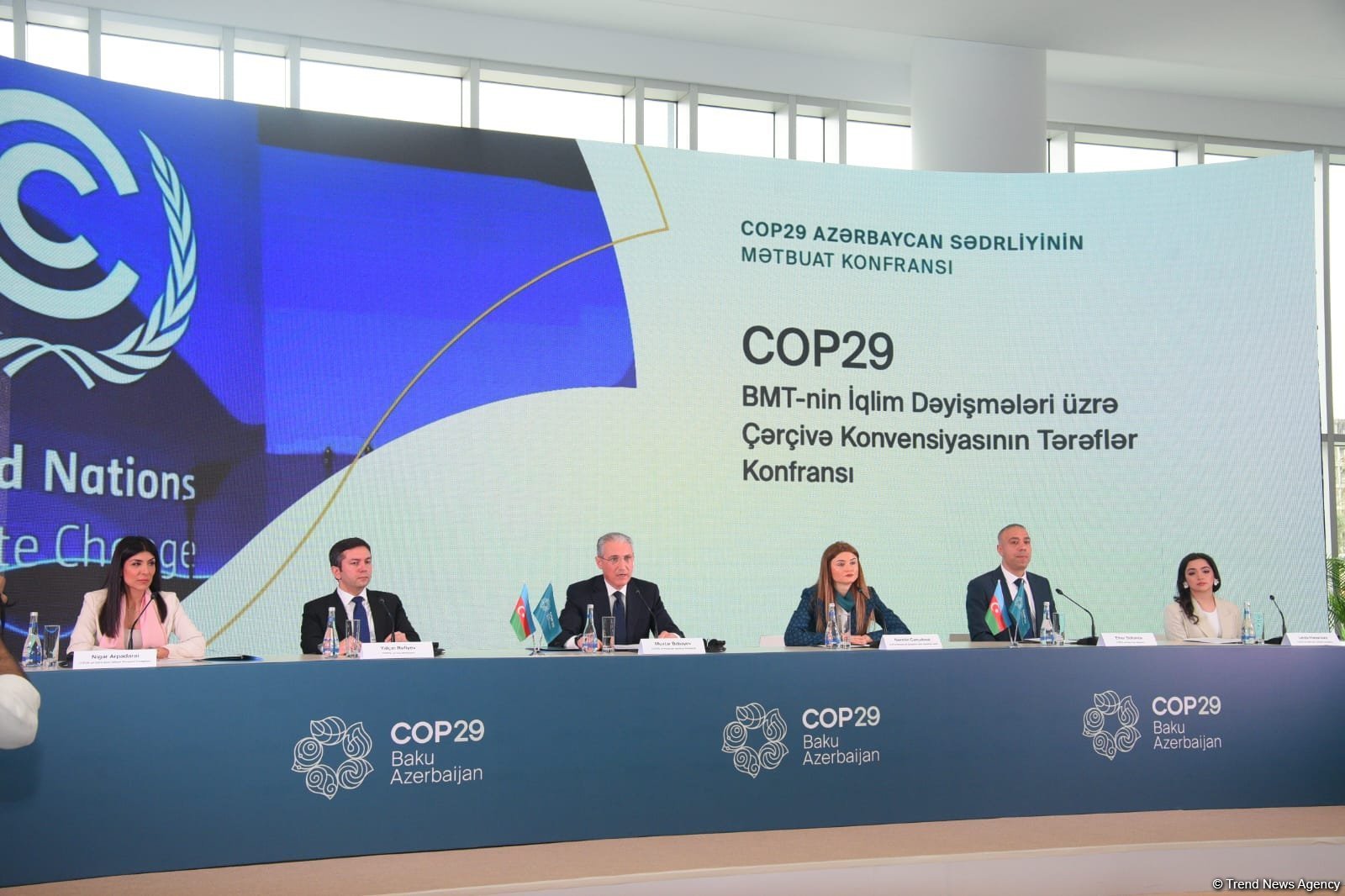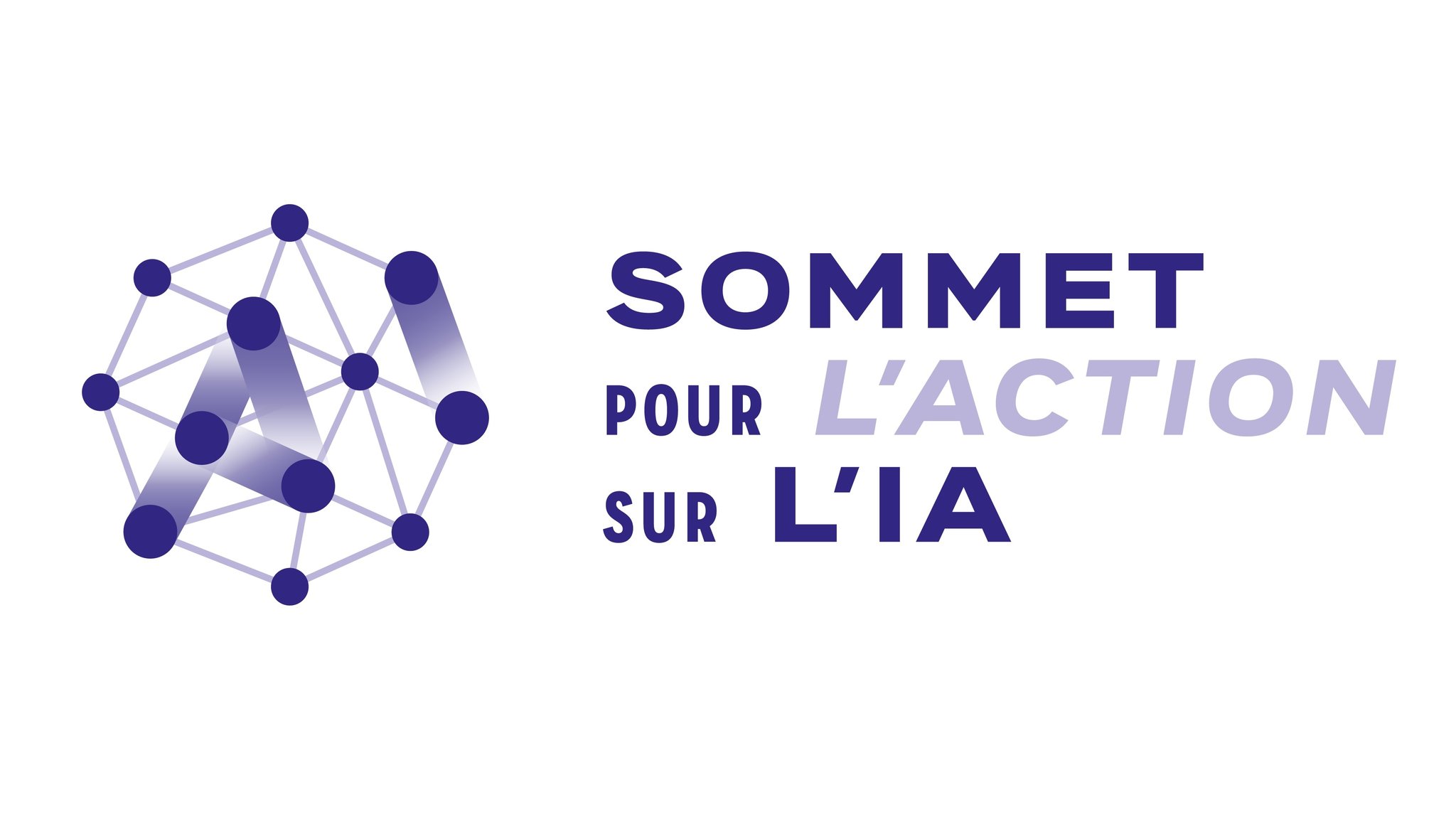Insights: High-Level Panel – Financing agrifood systems for ‘Good food for all, for today and tomorrow’
| As part of the Hand-in-Hand Investment Forum organized during the World Food Forum at the FAO in Rome (14-18 October 2024), this panel focused on key strategies to accelerate investment in agrifood systems, with a particular emphasis on achieving SDG 2: Zero Hunger. Moderated by Mohamed Manssouri (FAO Investment Center Director) and Máximo Torero (FAO Chief Economist), the panel brought together representatives from governments, financial institutions, foundations, and NGOs to address the pressing issues of food security, climate change, and investment challenges. |
- Urgency and political momentum: Torero highlighted the critical need to transform agrifood systems, with 2.8 billion people lacking access to healthy diets. He stressed the importance of aligning various global initiatives, including the G20 Global Alliance Against Hunger and Poverty, to avoid overlap and ensure action. He underscored the need for knowledge, financing, and action to support investment in agrifood systems, emphasizing the central role of resilience in facing conflict and climate change.
- Public and private investment: Andreas Schaumayer (Intpa) outlined the EU’s approach to reorienting international cooperation towards sustainable agrifood systems, emphasizing the need for both public and private investment. He highlighted the EU’s Global Gateway initiative, which mobilises €300 billion, focusing on derisking investment and scaling up sustainable development efforts, particularly in agriculture. The need for a more adapted regulatory environment on policies on taxation, trade, and SPS measures, crafted to country-specific realities was stressed.
- Climate finance and gender equity: Matthew Wyatt (FCDO) emphasized the importance of climate finance, noting that Africa receives only 3% of total climate finance. He outlined three core solutions: 1) Boosting climate finance for women and small-scale farmers, 2) Scaling systematic investments into small agribusinesses facing a $100 billion financing gap, and 3) Improving coordination among international actors. The UK government’s involvement with the Climate Gender Equity Fund and its partnerships with IFAD and the African Union were also highlighted.
- Investment in small farms and infrastructures and market integration: Multiple panelists, including Ana Maria Loboguerrero (Bill & Melinda Gates Foundation) and Brent Malahay (Equity Bank), stressed the need to focus on small farmers and small-scale producers. Loboguerrero called for more cohesive investments across gender, climate, and nutrition, emphasizing the COP28 Declaration on sustainable agriculture. Malahay advocated for integrating local value chains with regional and global markets, leveraging technology to support smallholder farmers and build resilience.
- Technology and innovation: The role of technology in accelerating scale and improving productivity in agrifood systems was a recurring theme. Brent Malahay highlighted the need for a transformed Africa, leveraging NGO funding and productivity gains through technology.
- Challenges and opportunities: Panelists, including Hassan Ali AlMulla (Silatech) and Chaba Mokuku (Lesotho Government), discussed the challenges of food insecurity caused by conflict and cultural factors, while highlighting opportunities for investment through partnerships with institutions like the World Bank and the IBSA Fund.
In conclusion, the forum underscored the need for a blended approach to public-private investment, de-risking mechanisms, and coordinated global efforts to address food security challenges and achieve sustainable agrifood systems. The discussions emphasized the importance of targeting small-scale producers, integrating climate action, and fostering innovation to ensure long-term food security and resilience.
The High-Level Panel can be reviewed online following this link: https://webtv.un.org/en/asset/k1j/k1juo5tpit
Annex: List of speakers present at the High-Level Panel Financing agrifood systems for ‘Good food for all, for today and tomorrow’
- Mohamed Manssouri – Director of FAO Investment Center (Moderator)
- Máximo Torero – Chief Economist, FAO
- Andreas Schaumayer – Head of Division for Food Security and Fisheries, Federal Ministry for Economic Cooperation and Development (BMZ)
- Matthew Wyatt – Director, Humanitarian and Development, Foreign, Commonwealth and Development Office (FCDO)
- Mia Beers – USAID
- Roy Steiner – Senior Vice President, Food, Rockefeller Foundation
- Ana Maria Loboguerrero – Director, Adaptive and Equitable Food Systems, Bill & Melinda Gates Foundation
- Brent Malahay – Group Chief Strategy Officer, Equity Bank Limited
- Hassan Ali AlMulla – CEO, Silatech
- Chaba Mokuku – Government of Lesotho
- Donata Garrassi – Vice-President and Head of Peacebuilding and Multilateral Engagement, Peaceinvest
If you would like to discuss the political situation further and understand what impact it will have on the business climate and macroeconomic framework, as well as on regional and international policy, please do not hesitate to contact us.
We help our clients navigate political and financial dynamics from local to global.





